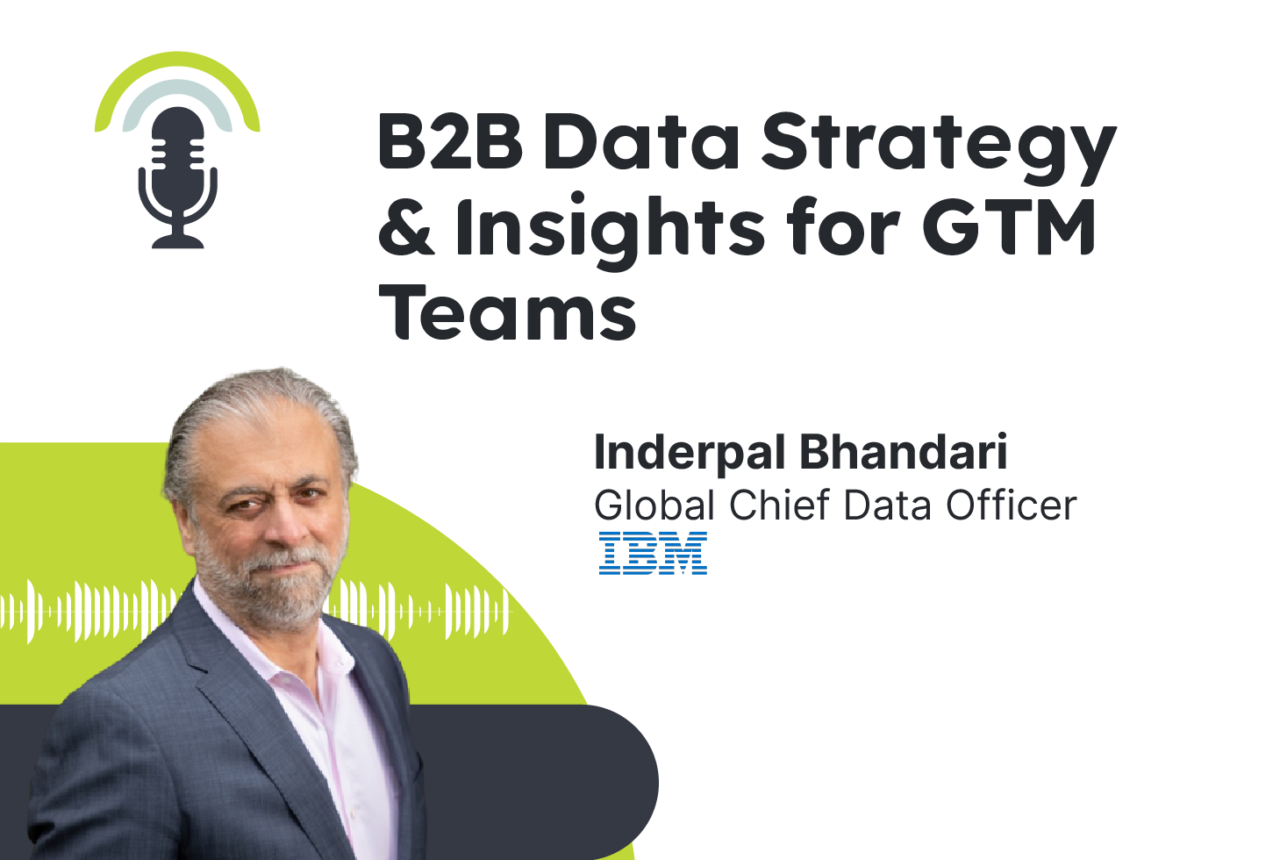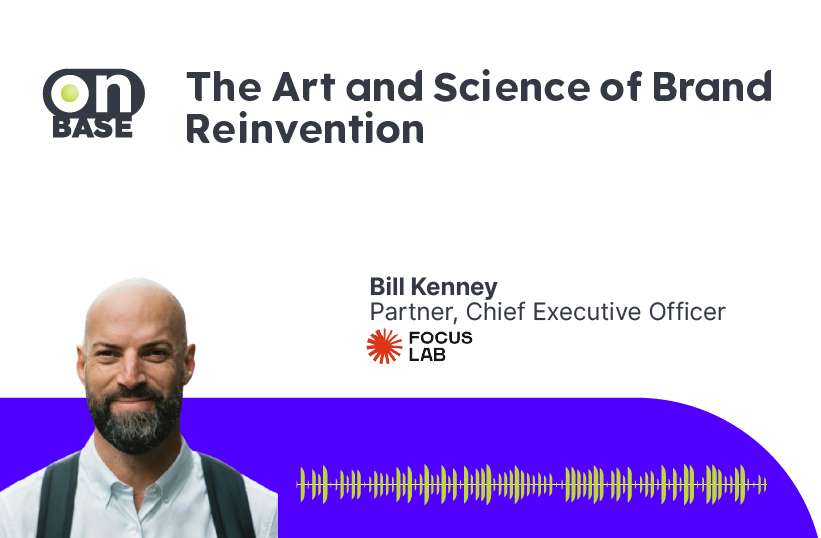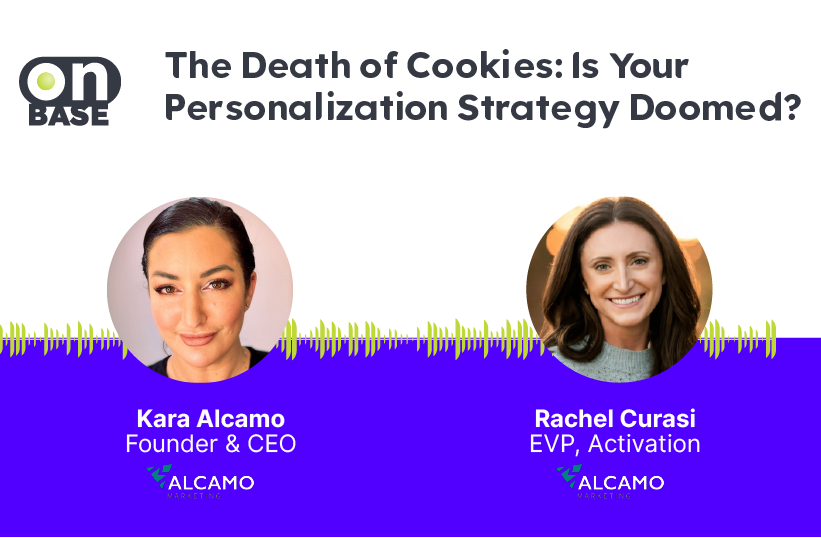
Insights for GTM teams
Shownotes
This episode of Sunny Side Up highlights a pioneering Chief Data Officer who shares what the role means and why it has grown increasingly important within the enterprise. Inderpal Bhandari, named Chief Data Officer of the Year 2017 by the CDO Club, has moved through several roles at IBM, but none has been more transformational than his current C-suite presence as CDO. He and his teams have been empowered to accomplish in-house at IBM what companies of all sizes want most to see: Growth in the top line, expansion of the bottom line, and overall risk reduction. Data transformation, AI, and cybersecurity are the three main pillars for getting there. With his methodology, Inderpal has found ways not only to leverage data in myriad ways but also to create transformation within the IBM culture – that adoption piece without which, says Inderpal, there can be no meaningful or sustainable implementation. You’ll enjoy Inderpal’s front-line observations and some recommended resources for learning yet more about what’s on the horizon as enterprises seek to transform data into business value.
About the Guest
Inderpal Bhandari is the IBM Global Chief Data Officer, where he has leveraged his extensive experience to lead IBM’s data strategy to ensure IBM remains the number one AI and hybrid cloud provider for the enterprise. Inderpal is an expert in transforming data into business value and improving customer experiences by delivering strategic, innovative capabilities that use analytic insights to enable growth and productivity. In 2017, he was named U.S. Chief Data Officer of the Year by the CDO Club and was featured as an industry expert by Wall Street Journal, Washington Post, US News & World Report, CNN, and FOX.
Connect with Inderpal Bhandari
Key Takeaways
- Inderpal’s backstory includes research and computer programming prior to creating and establishing his role as Chief Digital Officer at IBM.
- Why the CDO role is so critical and how it’s defined?
- Three mandates define the CDO role.
- Leverage data for go-to-business marketing purposes.
- What’s on the horizon for data analytics and transformation?
Quote
“When you look at all the major trends, data is at the center of them. That’s why the C-suite is keen in making sure that data isn’t just being managed and protected, but also monetized.”
Episode Highlights
Can you tell us more about your CDO role? Why is it so critical for business growth?
The role has been around for quite a while, but in more recent years – as companies have begun fully to recognize the importance of data – it has taken on prominence in the C-suite. The CDOs were previously missing voices but are now available for prioritization and collaboration.
Among the areas in which data has a critical role to play:
- Digital Transformation
- Artificial Intelligence
- Cybersecurity
The three mandates that define the CDO role:
- Growing your top line
- Expanding your bottom line
- Reducing risk
The job may change from year to year, but those elements are always present. Data literacy is non-negotiable regardless of the organization’s goals or culture.
How have you structured your teams?
- A technology arm that focuses on building, running, and maintaining the company’s central data and AI platform.
- A team focused specifically on AI deep learning applications.
- A data governance team that coordinates relevant documentation and oversees.
- A master data team: managing info pertaining to clients, offerings, workforce, and financials.
- A legacy team to facilitate cultural change necessary to digital transformation.
- An adoption team empowered to enable company-wide adoption of platforms.
- A business unit data office of metrics to control overall quality and compliance.
All the innovation has their own product lifecycle and related innovations, wherein essentially, IBM is conducting gap analyses on its own products in its own use cases. The CDO is tasked with creating a culture and then projecting it out – and that’s one of the more demanding aspects of the job. It’s the softer skills that come into play in that context. The job has evolved as AI, and its role and deployment have evolved. Choosing effective champions is critically important.
What is Predictive Analytics, and why does it matter?
A tool for predicting outcomes, Predictive Analytics has been around for decades. More recently, the capabilities have become more and more powerful, allowing predictions unlike any previously known. In today’s world, a parallel can be drawn to AI overall and its increasing levels of sophistication. Predictive Analytics has been applied in a consumer context for some time, but there’s growing recognition of the applications within the enterprise. Whether or not the strides forward will continue depends, in Inderpal’s view, on parameters like transparency, trust, privacy, and mediated bias. Regulatory and other controls will also need refinement.
What are your thoughts on leveraging data and supporting go-to-market teams?
Certain pillars of data have to be high quality and standardized. Applied data and data about marketing offerings, workforce data, and financial data – these all must be working synergistically and smoothly internally. Inderpal believes most companies currently are falling short by failing to use external data sources to flesh out strategy and enhance internal data.
What are the areas that data and tech enthusiasts should be watching?
- Cybersecurity
- External data sources
- Edge computing
- Proliferating IoT devices
- Quantum computing (which is taking off and could become a competitive disadvantage if your company isn’t up to speed).
Recommended Reading/Resources
- Inderpal highlights IBM-generated resources about data and AI, a CDO playbook, a blueprint for enterprise consummation, information about CTO/CDO peer-to-peer summits, internal data transformation use cases, and more, available here.
- Inderpal also publishes blog posts.
Shout-Outs
- Past CDO of the Year Award Winners
- Anthony Scriffignano – SVP, Chief Data Scientist at Dun & Bradstreet
- Tim Humphrey– VP, Chief Data Officer at IBM

Sunny Side Up
B2B podcast for, Smarter GTM™



